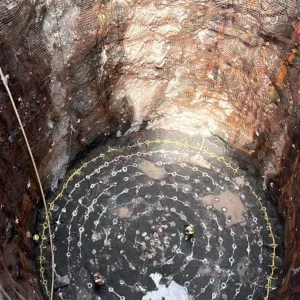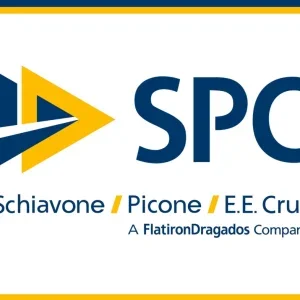According to International Mining magazine, recent years have seen the company increasingly applying TBMs to China’s coal industry where to date, the principal mining method has been drill-and-blast and/or road headers. However, when used for roadway tunnelling in mines, these methods can be slow, costly, provide a poor and sometimes dangerous working environment and potentially result in poor tunnel forms.
NHI seems to have made progress in TBM coal-mine applications over the years: in 2014, it developed a 4.53m-diameter TBM for rock roadways in the Zhangji mine in Anhui Province. In 2015, the machine successfully advanced 2km at a depth of 500m underground. IM magazine also reported that a new record in coal-mine rock roadway construction was set, with the highest daily advance of 30.7m and an average monthly advance of 404m, the highest daily advance being ten times the traditional technologies, and the monthly advance 4.5 times higher. Further developments occurred when the company applied a 6.33m-diameter TBM to mine coal-mine rock roadways.
NHI’s latest TBMs are said to be able to switch from cutting rock strata to taking on half-coal half-rock conditions – often found where there is rock with many thin coal seams. Typically, the machines can mine at up to 5.4m/hr, and achieve an average monthly advance of more than 1,000m in 100MPa rock with good surrounding rock integrity.







